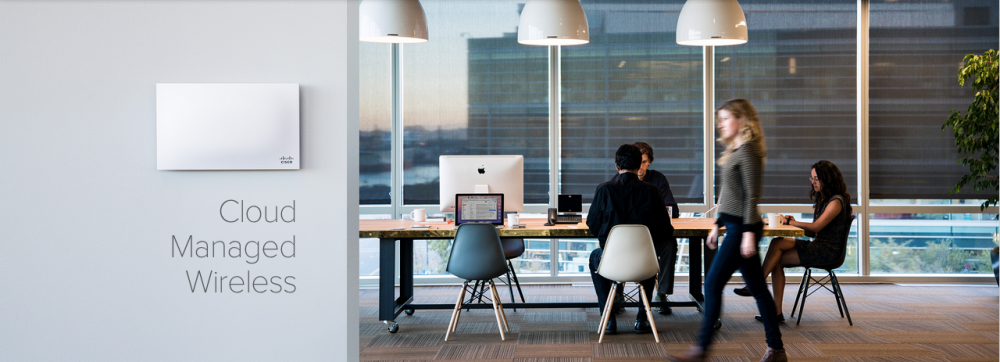from: mediapost.com
Ever since Apple introduced iBeacons last year, the technology and what it might do for retail has been the talk of the town.
Some retailers have told me their early trials have hardly been a big success, since consumers must have a particular app loaded and have their smartphone’s Bluetooth turned on while they pass near a beacon.
Large, physical retailers already are challenged to get shoppers to download and regularly use their apps rather than their mobile website, which in many cases, seems a more natural transition for an online shopper.
Interestingly, we may soon see if a better model for beacons is for retailers to be aggregated by someone else and packaged as a whole for mobile shoppers.
That is precisely what’s happening on the mile-long Regent Street, the Fifth Avenue of London, where beacons are sending messages to shoppers as they walk by.
However, the messages are highly targeted and personalized, using a relatively new mobile-based technology called Autograph, which uses a flashcard-style interface that quickly captures consumer preferences.
After downloading the Regent Street app, which is being heavily promoted throughout the upscale shopping street as well as on buses and other signs, the consumer swipes up on brands they like and down on those whey want to ignore.
Ogilvy Labs earlier this year said it was using the Autograph technology essentially to improve the economics of mobile advertising by more precisely targeting those who opt in for certain types of messaging.
The beacons on Regent Street went active to the public last week and already have had had thousands of users, Henry Lawson, CEO of Autograph, told me from London yesterday.
The Seattle-based digital marketing agency installed the beacons and manages the back-end personalization engine.
Regent Street comprises 130 retail stores (Burberry, Hugo Boss, Godiva, etc.) with 180 entrances, and beacons are now operating in more than 100 of those stores with a beacon installed at each entrance.
“The beacon only activates the phone if the message is highly relevant to a person,” said Lawson, who is the former worldwide president of Donovan Data Systems, the agency data processor.
The commonly discussed risk with beacons is that there will be so many sending so many messages to so many passing consumers that people will turn off their Bluetooth to avoid the annoyance.
“If everyone does this, no one will pay attention,” said Lawson. “If the beacon is relevant, the app pings. And those pings are not necessarily coupons or deals, but can be announcements of a new product line.
“At the end of all this, you have to have a compelling consumer proposition.”
In the case of Regent Street, aggregating the retailers was relatively straightforward, since they all are in property owned by the Crown Estate and managed by The Crown Estate’s Regent Street Portfolio.
But the model for a shopping mall in the U.S. could be similar, with the mall owner or operator aggregating all the stores in the mall with a single app for utilizing all the beacons at each store in the mall.
It will be interesting to see how well-known retail brands will react to this if they want to try to persuade their own customers to use their dedicated app.
Half of the traffic on Regent Street is from outside the U.K. and 80% of those on the street carry iPhones, said Lawson.
No matter the source of the traffic, all eyes interested in beacons will be focused on Regent Street.
